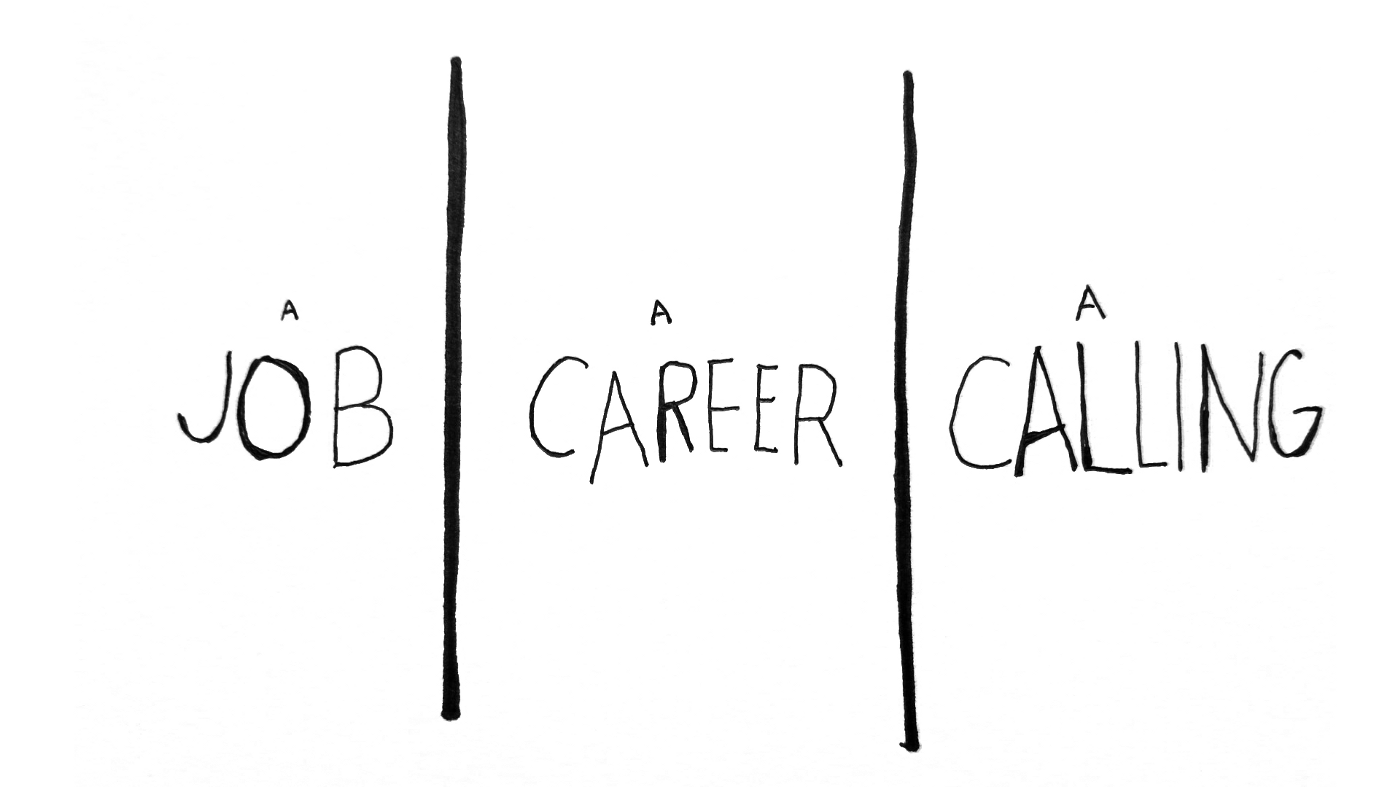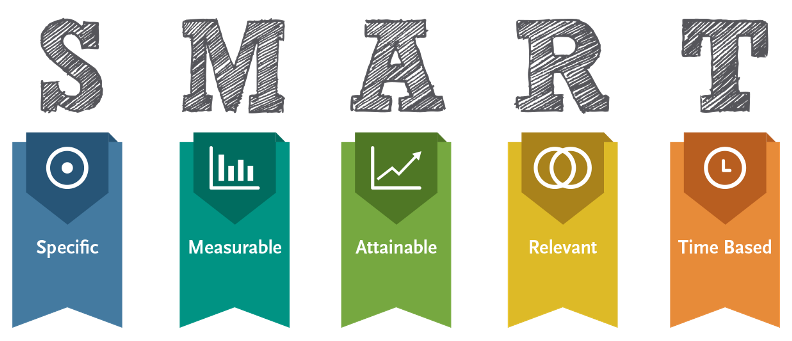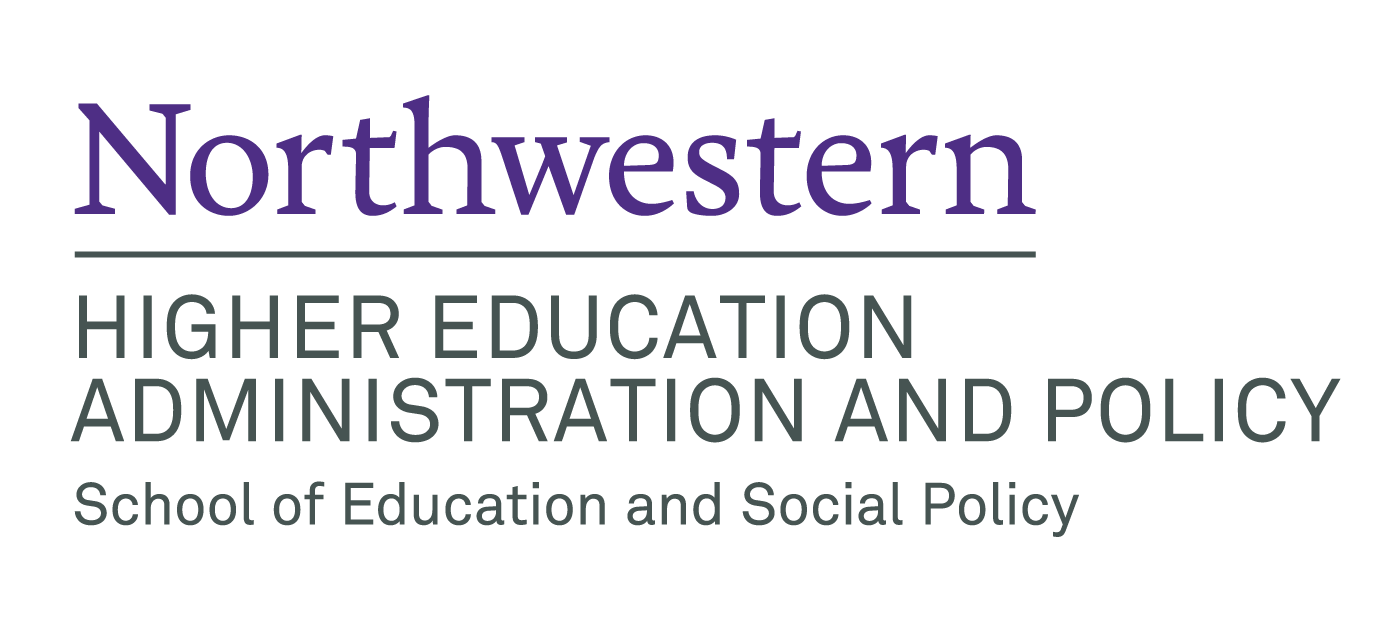Career Resources
Self Assessment and Goal Setting
Reflection, self assessment, and goal setting acquaints you with your value, provides material for your resume, refines your focus, and serves as a filter for opportunities and well-intentioned advice.
About Self Assessment and Goal Setting
StrengthsQuest
“StrengthsQuest is used at more than 600 schools and universities in North America. More than 1 million people have used StrengthsQuest to gain insights into how to use their talents to achieve academic success, to explore careers, and in leadership development.” Additionally, in Spring 2015, Dr. Adam Goodman’s Leadership Coaching course required that students complete a StrengthsQuest Assessment. StrengthsQuest is very common among student affairs professionals (some even list their strengths in their signature lines), and it is highly recommended that students consider completing an assessment.
Myers-Briggs Type Indicator (MBTI)
The Myers Briggs Type Indicator (MBTI) is available free of charge to all MSHE students who want to take it. Interested students should contact either Tracie Thomas (t-thomas8@northwestern.edu) or Christina Siders (c-siders@northwestern.edu) at Northwestern Career Advancement to schedule some time to do the MBTI assessment and have a coaching session about your results.
Workshop Materials
Cultivate your Career Calling
When you think about what story you are going to tell, the most important thing to start with is reflecting on what you have done in the past, assessing where you are and what those experiences have brought for you and setting goals.
Self-assessment and goal setting is hard work and when you get in to it it can easily fall by the way side. But it is important to do this thinking to empower yourself and to think through opportunities. Your self-assessment can provide a filter for how you view different opportunities you might have.
Gallup research has also shown that if you are using your strengths in a job, you are 6 times more likely to be engaged in your work and you are 3 times more likely to express you have an excellent quality of life. Finding out what these strengths are, is thus the first thing to do in any job search so that you can leverage that knowledge about yourself to finding a role that uses your strengths.
“We have to listen carefully, tease out and nurture our own professional voice and mission so that it does not get drowned out by the drone of uninteresting tasks that need to get done, or the needs of others who do not know how we are called to engage in our work.”
~Paula Di Rita Wishart
We really need to find our own mission and what we are after in our work. This can easily get drowned out by interesting tasks as well as uninteresting tasks. Maybe you like your work, but you still really need to think about what your purpose is in order to be able to fulfill it.
Research out of Yale University talked about three orientations to work. Work can either be (1) a Job, (2) a Career, or (3) a Calling. People who are oriented toward a job are those who are in it for the money; those who are oriented toward a career are interested in prestige and advancement; and finally, those who are orientated toward a calling are those who are strongly and personally invested in the work they are doing. It is almost a part of who they are. A lot of people who work in higher education have a calling orientation.

Research has shown that if you do have a calling orientation, you are more likely to be satisfied with your work. If you are wondering how to figure out what your calling is or how to cultivate that calling, think about the following things:
- Notice decisions because they are clues to who you are.
- Get deeply detailed on the things you are for in this world.
- Say aloud to others what you are considering.
- Don’t wait to arrive. You have arrived somewhere at all times.
- Write down things that deeply matter when you discover them, or they will become obscured with time.
Thinking of STAR achievements that you have enjoyed doing and that give you pride (like you did in the workshop preparation) is the first step in thinking through what your calling is and how to use that to find a job which will support your calling.
Goal Setting
Begin by reflecting on your past jobs and what you liked and disliked about each of them. You can use this form to help you complete this reflection.
Research has shown that just by writing out your goals, you’re more likely to achieve them. While you may tweak them, or even change them completely, during your time in the Higher Education Administration & Policy program, it’s important to start with career goals in mind.
“You are 42 percent more likely to complete your goals just by writing them down.”
~Dr. Gail Matthews, Dominican University
Take time now to set some goals, and don’t forget to make them SMART! SMART goals are Specific, Measurable, Achievable, Relevant, and Time-based. Taken together, these characteristics make SMART goals more likely to be fulfilled and to have a positive impact on your life.

That said, let’s dive right in with setting your own goals. When you are ready, click START below. Note: if the goal setting exercise does not load below, try opening it in a new window by clicking here.
